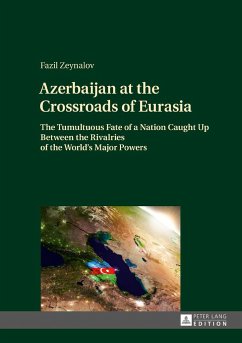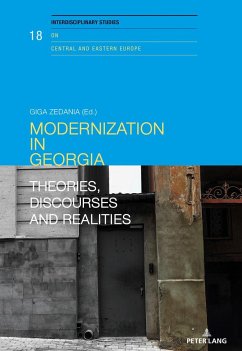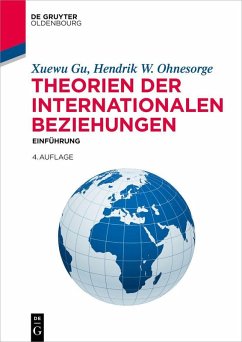
The Boundaries of Europe
From the Fall of the Ancient World to the Age of Decolonisation
Herausgegeben: Rossi, Pietro
Versandkostenfrei!
Versandfertig in 6-10 Tagen
84,95 €
inkl. MwSt.

PAYBACK Punkte
0 °P sammeln!
Europe's boundaries have mainly been shaped by cultural, religious, and political conceptions rather than by geography. This volume of bilingual essays from renowned European scholars outlines the transformation of Europe's boundaries from the fall of the ancient world to the age of decolonization, or the end of the explicit endeavor to "Europeanize" the world. From the decline of the Roman Empire to the polycentrism of today's world, the essays span such aspects as the confrontation of Christian Europe with Islam and the changing role of the Mediterranean from "mare nostrum" to a frontier bet...
Europe's boundaries have mainly been shaped by cultural, religious, and political conceptions rather than by geography. This volume of bilingual essays from renowned European scholars outlines the transformation of Europe's boundaries from the fall of the ancient world to the age of decolonization, or the end of the explicit endeavor to "Europeanize" the world. From the decline of the Roman Empire to the polycentrism of today's world, the essays span such aspects as the confrontation of Christian Europe with Islam and the changing role of the Mediterranean from "mare nostrum" to a frontier between nations. Scandinavia, eastern Europe and the Atlantic are also analyzed as boundaries in the context of exploration, migratory movements, cultural exchanges, and war. The Boundaries of Europe, edited by Pietro Rossi, is the first installment in the ALLEA book series Discourses on Intellectual Europe, which seeks to explore the question of an intrinsic or quintessential European identity in light of the rising skepticism towards Europe as an integrated cultural and intellectual region.












